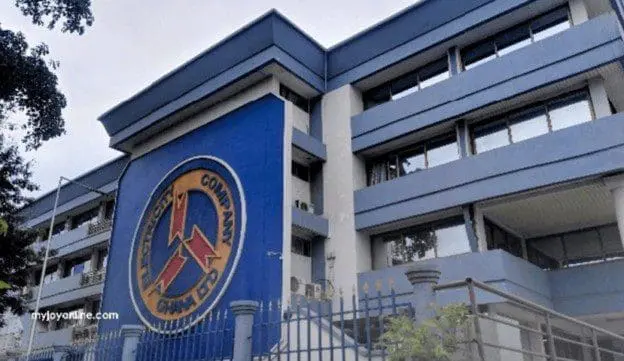By Ghana News
Copyright ghanamma

Ghanaian business organizations are pushing back against proposed electricity and water tariff hikes, arguing that structural reforms at the Electricity Company of Ghana (ECG) matter far more than price adjustments. The Ghana Food and Beverages Association (FABAG) and Ghana Union of Traders Association (GUTA) warn that rising utility costs are squeezing profit margins and threatening the country’s position in regional markets.
FABAG Chairman John Awuni made the case bluntly. “There shouldn’t be any tariff increment. No amount of tariff increment can solve the problems of ECG,” he said, calling instead for reforms targeting technical and commercial losses that continue draining resources from the power utility.
The concerns go beyond domestic operations. GUTA President Dr. Joseph Obeng pointed to Ghana’s struggles under the African Continental Free Trade Area (AfCFTA), where high production costs are making locally manufactured goods less competitive than imports from neighboring countries. “We are participating in AfCFTA, yet Ghana is lagging behind. Our goods cannot even compete with those from Togo,” he noted.
Both associations argue that utility costs have become a structural barrier to industrial growth. When electricity prices rise, manufacturers pass those costs to consumers through higher prices. That reduces purchasing power, shrinks profit margins, and makes Ghana a less attractive destination for investment compared to regional competitors with lower operating expenses.
The business groups are calling for dialogue between government regulators and the private sector to develop tariffs that balance ECG’s financial needs with the economic realities facing manufacturers and traders. They’re also pressing for operational improvements at ECG that could reduce losses and improve service delivery without punishing consumers and businesses through perpetual price increases.
Small and medium enterprises face particularly acute pressure from utility cost inflation. These businesses often operate on thin margins and lack the financial cushion to absorb sharp increases in overhead expenses. When electricity bills surge, many have limited options beyond raising prices, cutting staff, or shutting down operations entirely.
The timing adds urgency to these concerns. As African markets integrate through AfCFTA, Ghana’s ability to compete depends partly on keeping production costs manageable. Countries offering cheaper electricity and water have a built in advantage that can shift manufacturing investment and trade flows across borders.
FABAG and GUTA’s position reflects broader anxiety about Ghana’s industrial trajectory. Without addressing the root causes of ECG’s financial troubles, including system losses and operational inefficiencies, tariff increases become a recurring burden that compounds rather than solves the underlying problems.
The government now faces pressure to demonstrate that utility pricing decisions consider their ripple effects across the economy. Business leaders are making clear that reform, not just revenue generation, needs to drive policy on electricity and water costs if Ghana wants to maintain competitive industries and attract the investment necessary for economic growth.